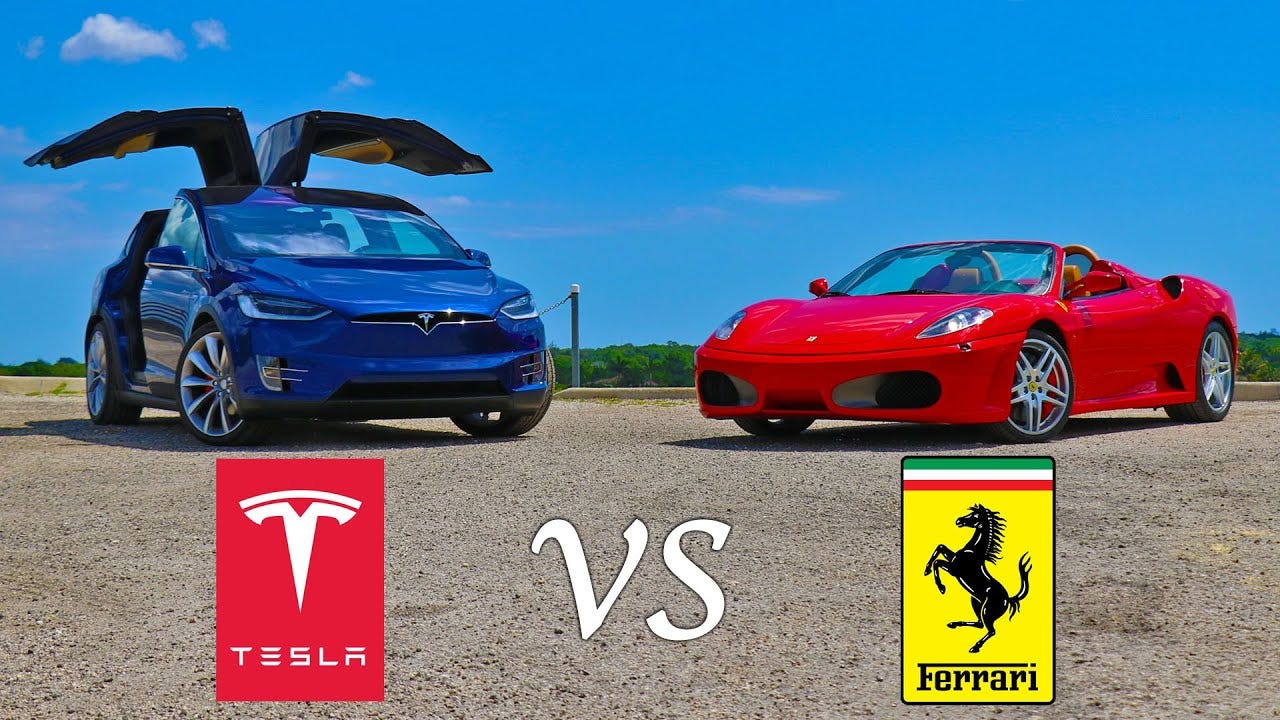What is a Sports League, Really?
Seizing the opportunity to reshape sports formats for the better
Who would have thought an electric vehicle could beat a Ferrari in drag race? Tesla did. They changed the game.
Now the same can be applied to sports. There needs to be distinction between a Traditional Sports League (e.g., all three-letter acronyms) and a Sports Property (new, innovative and adaptable sports formats that have the potential to reshape t…
Keep reading with a 7-day free trial
Subscribe to Disruptive Play: Challenging Sports & Media Norms to keep reading this post and get 7 days of free access to the full post archives.


